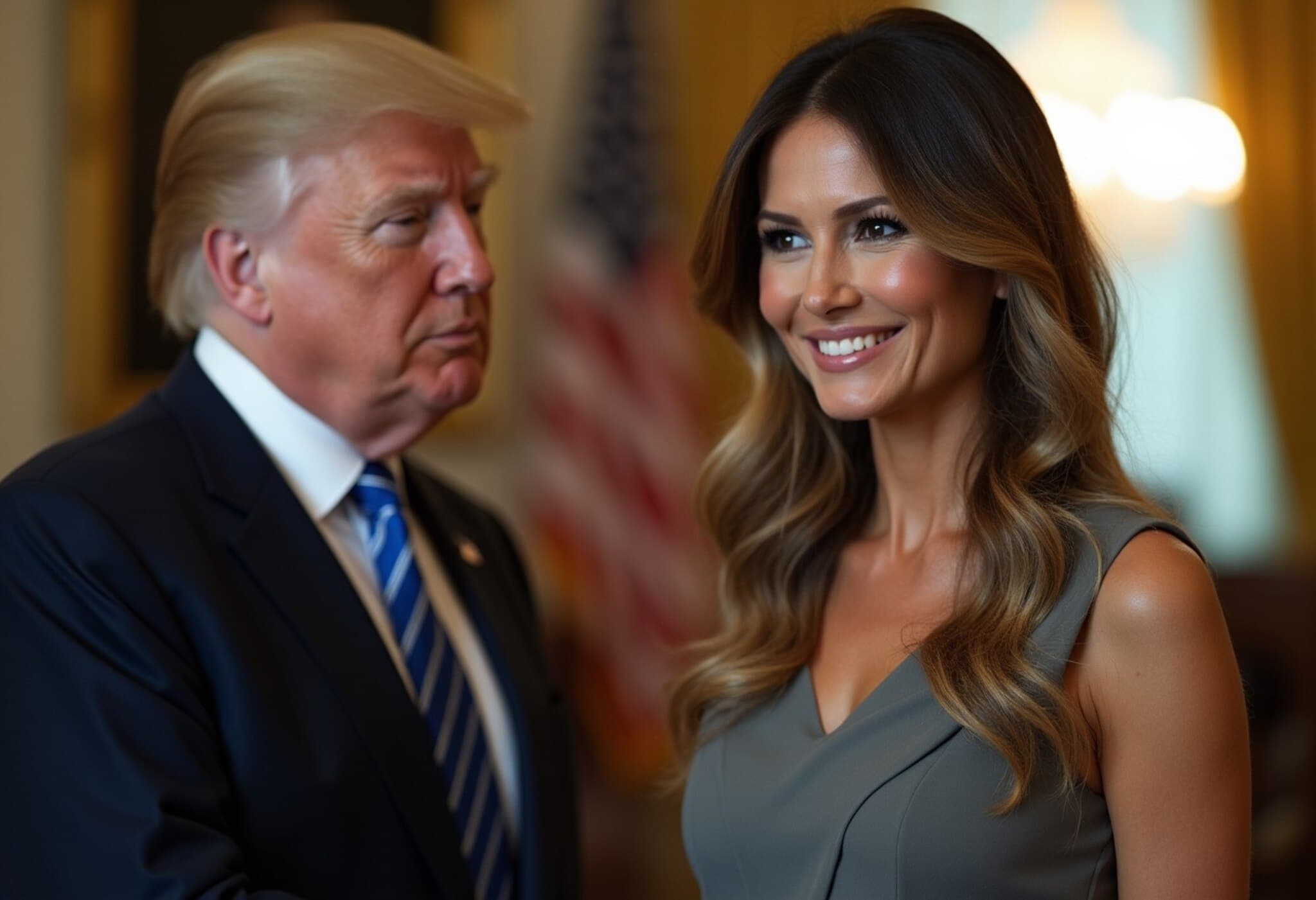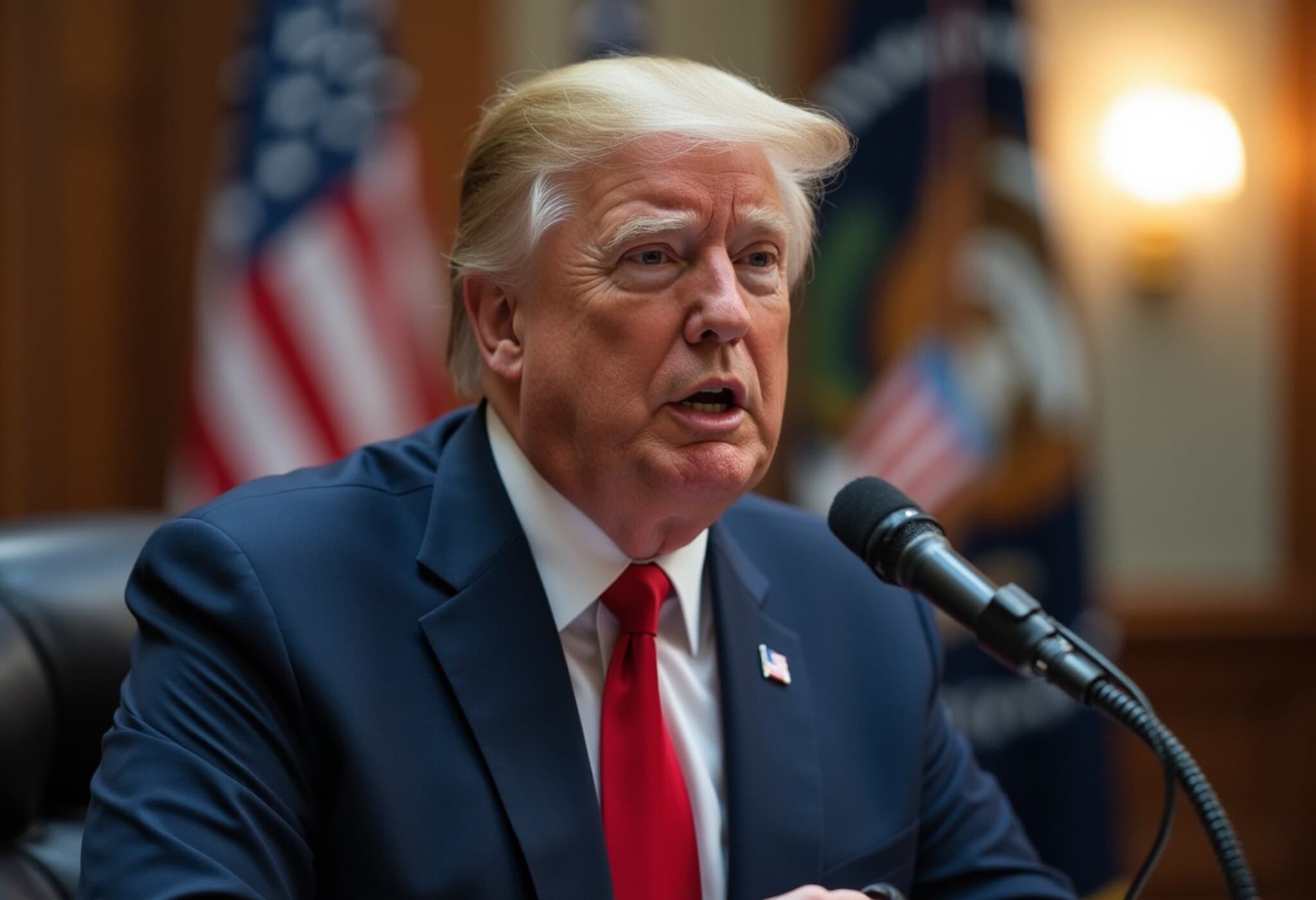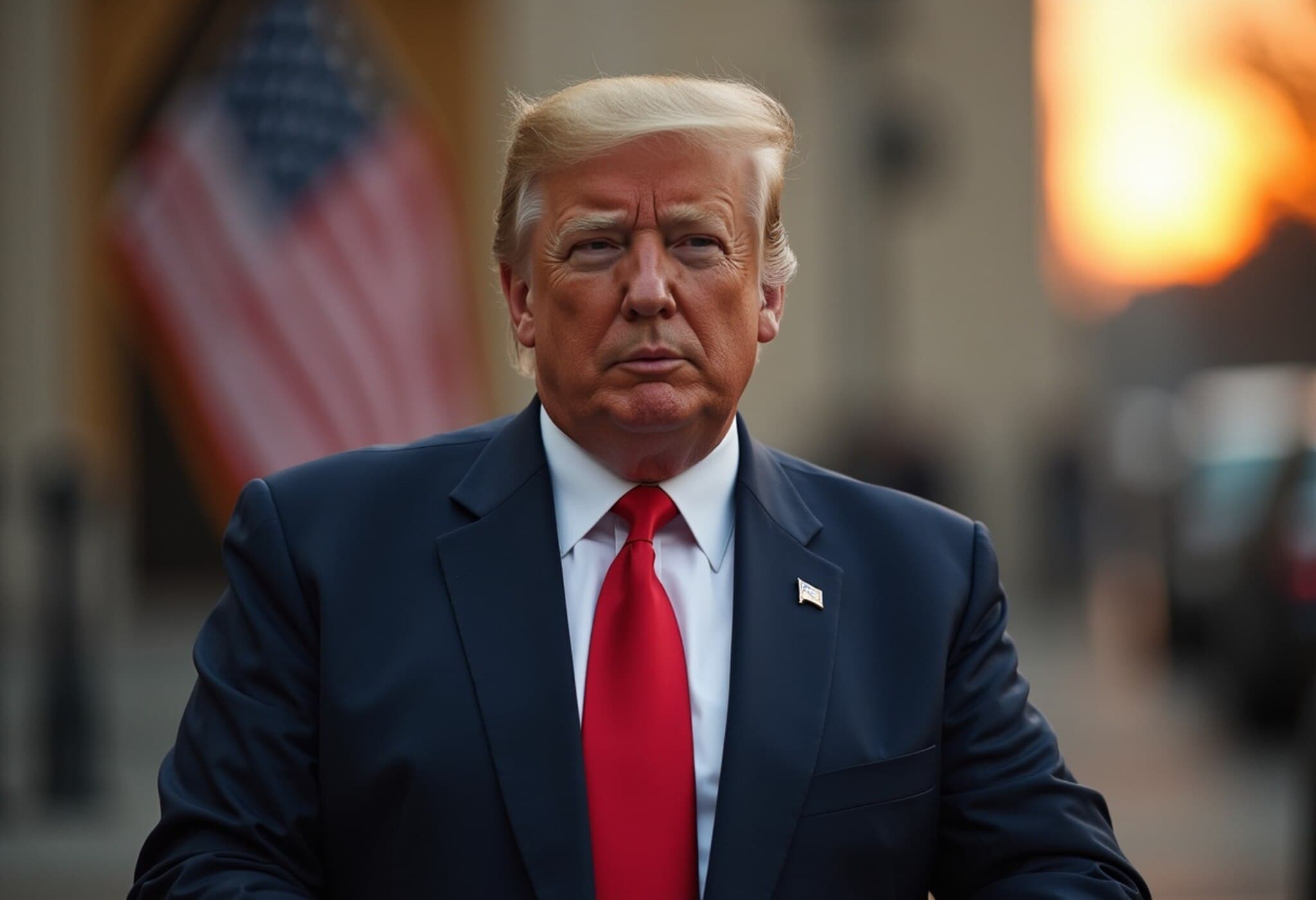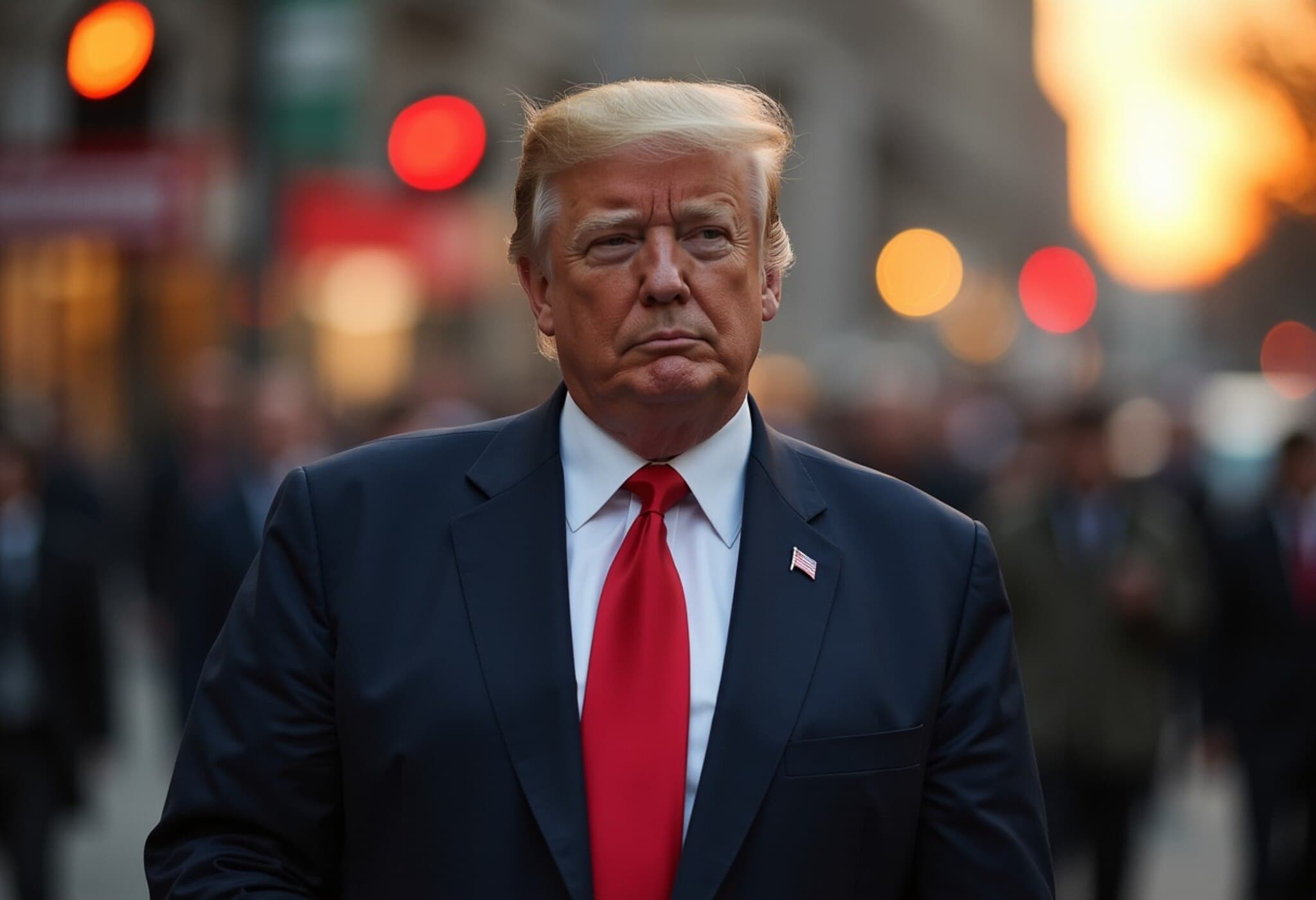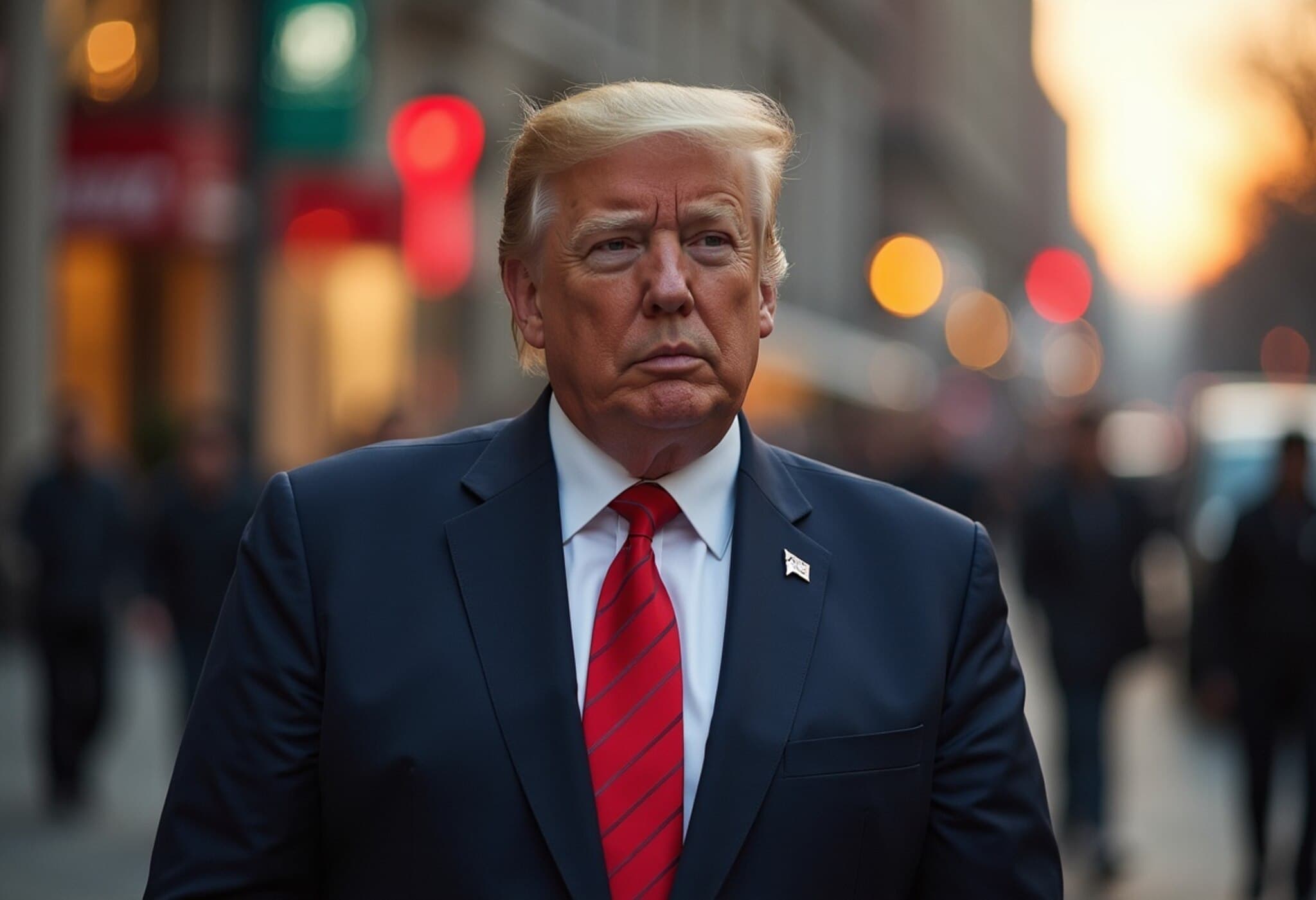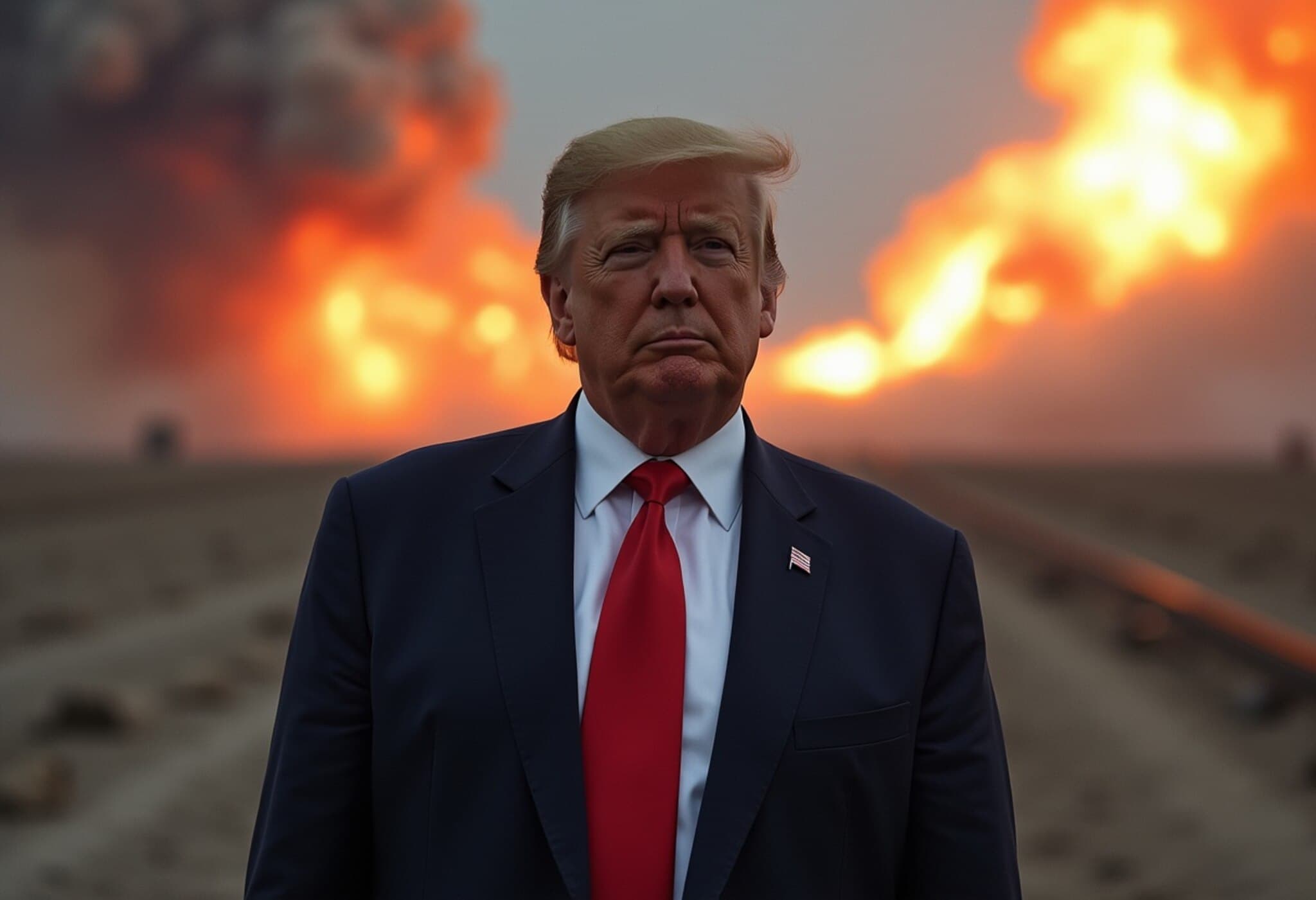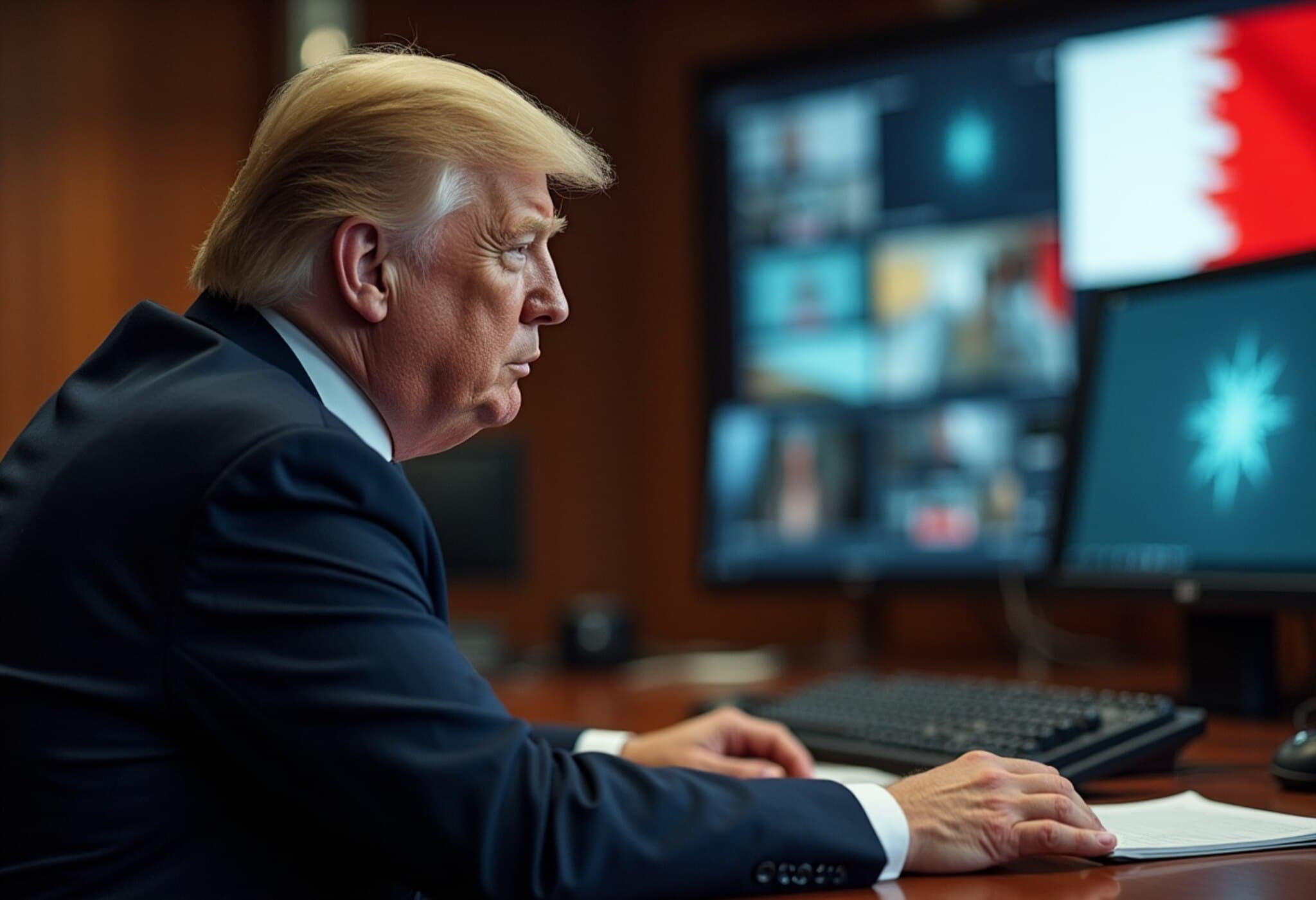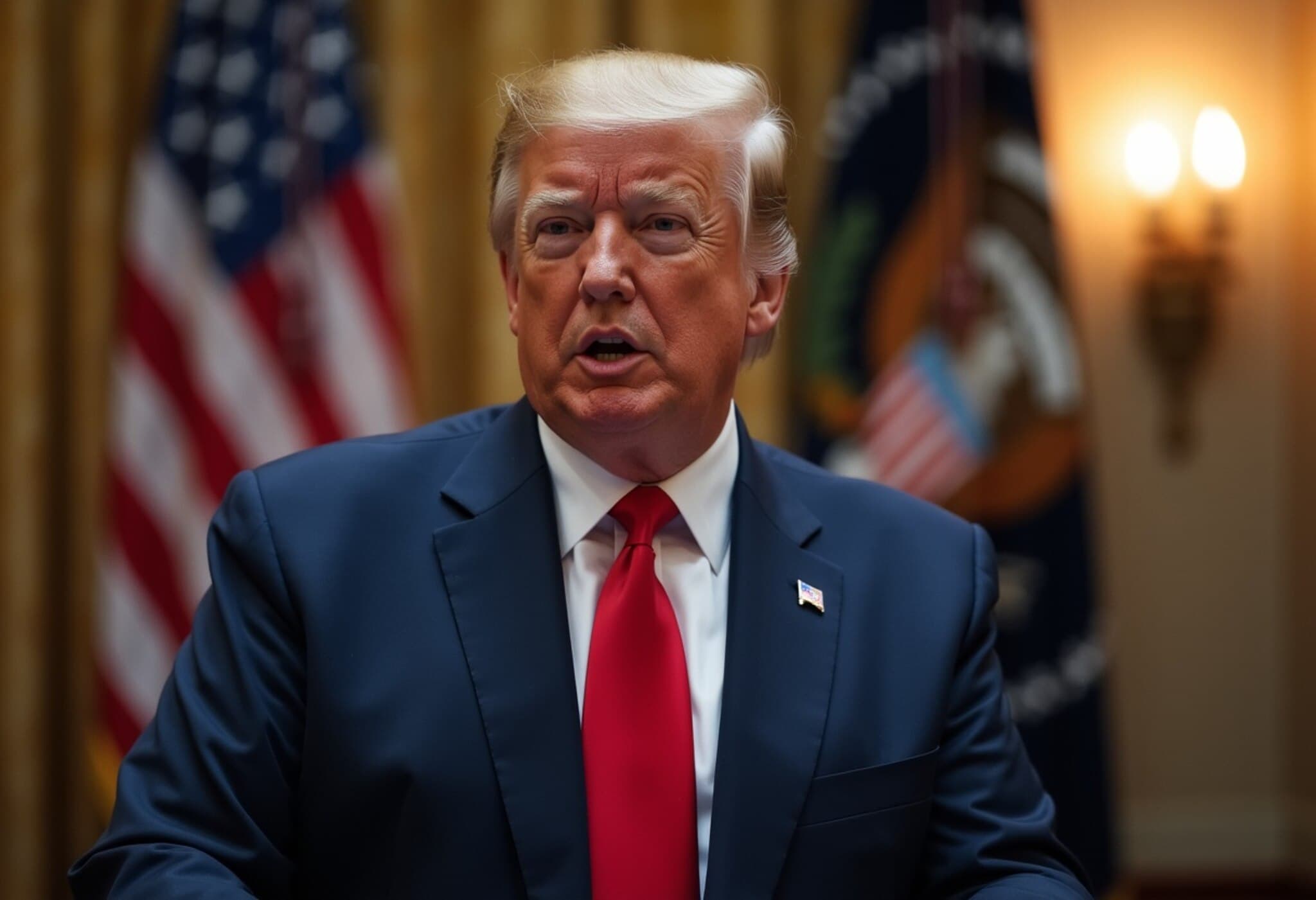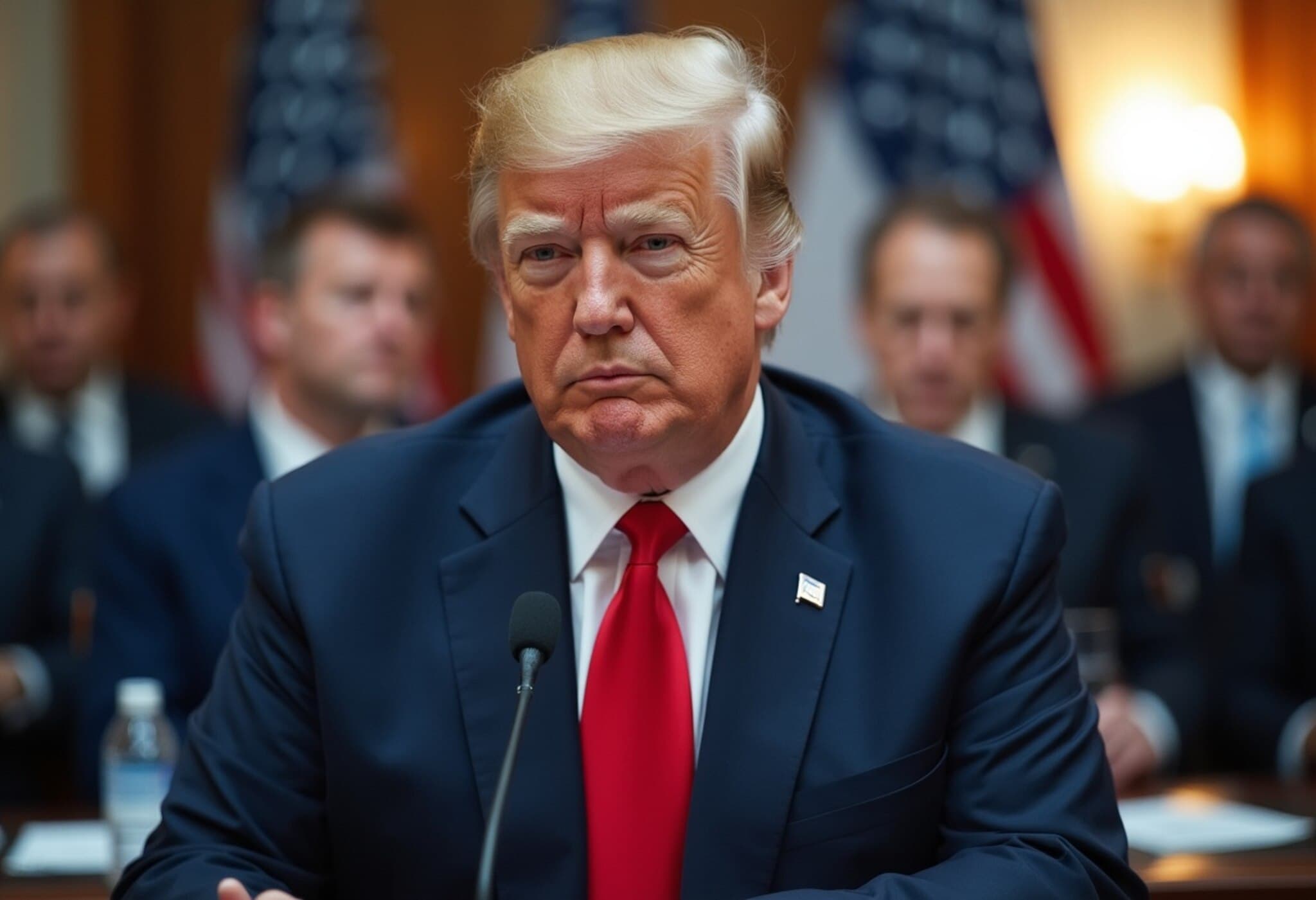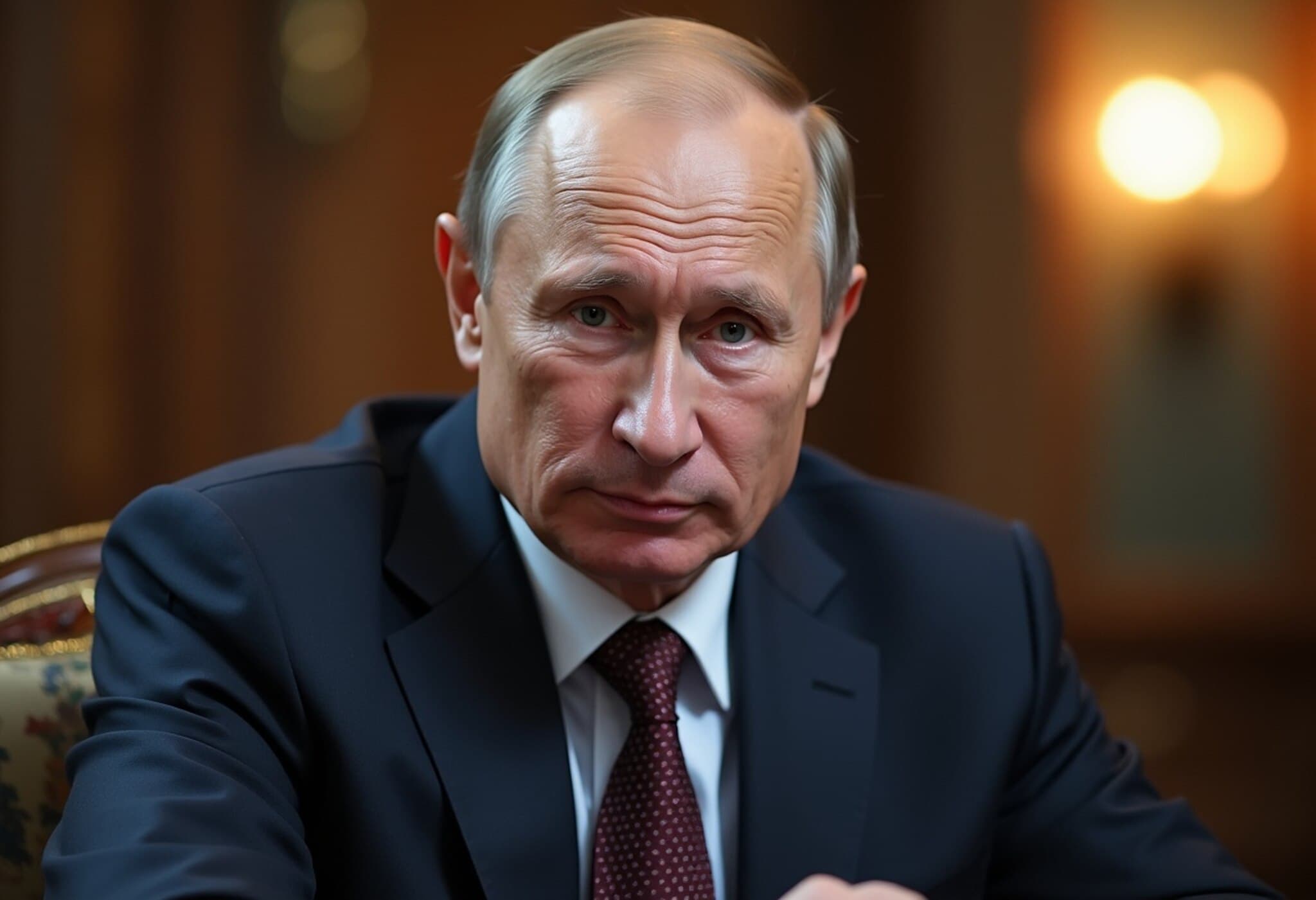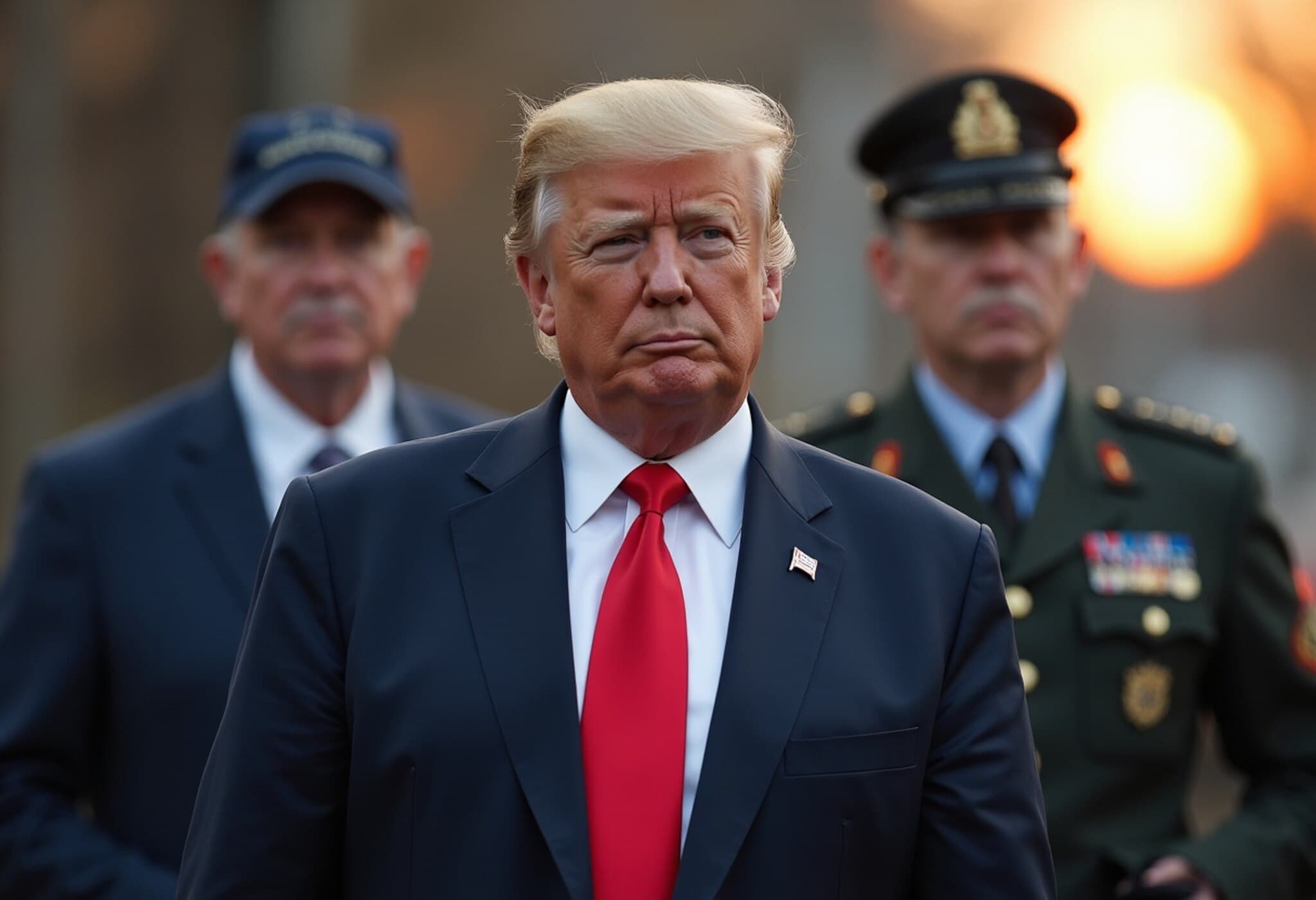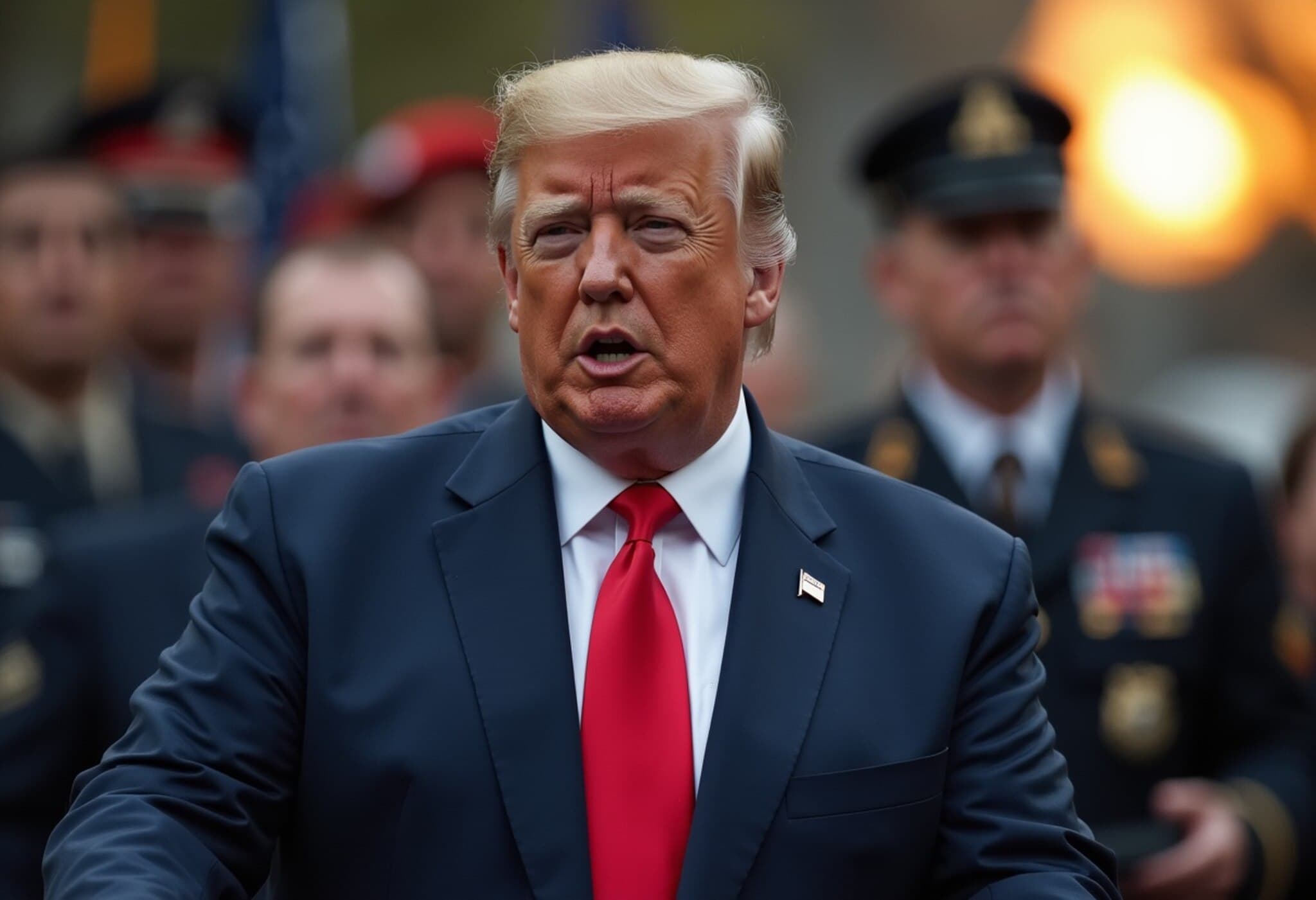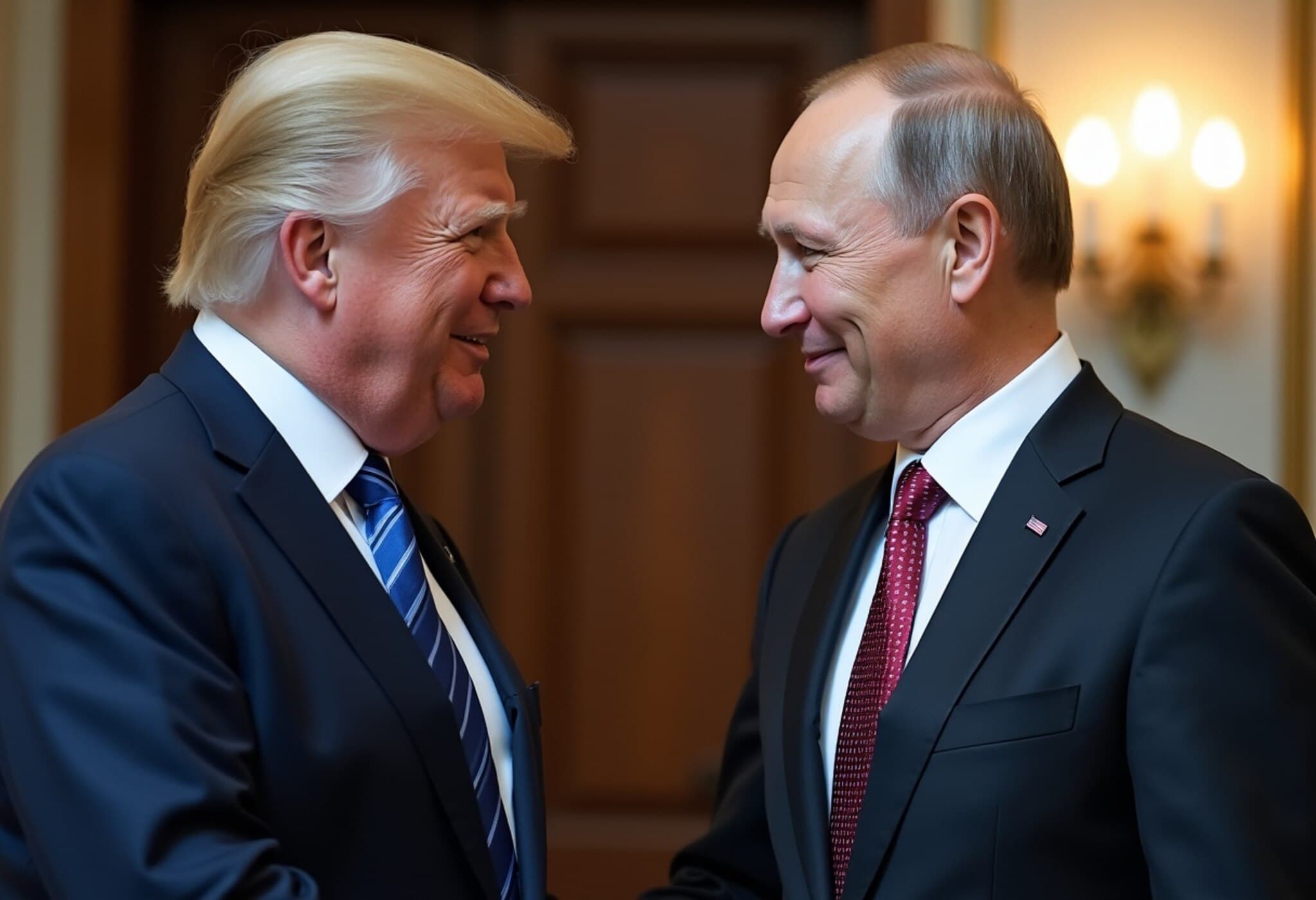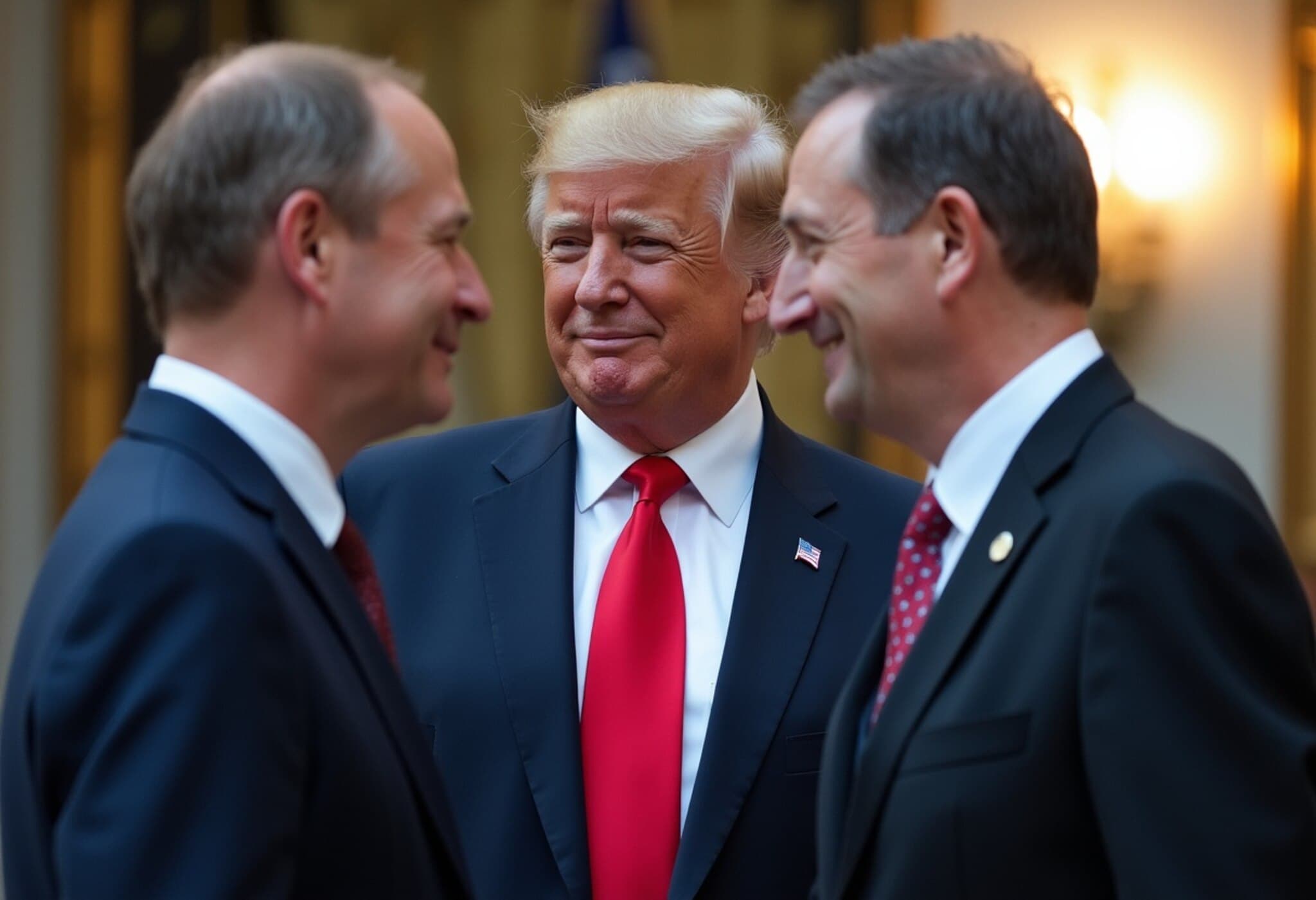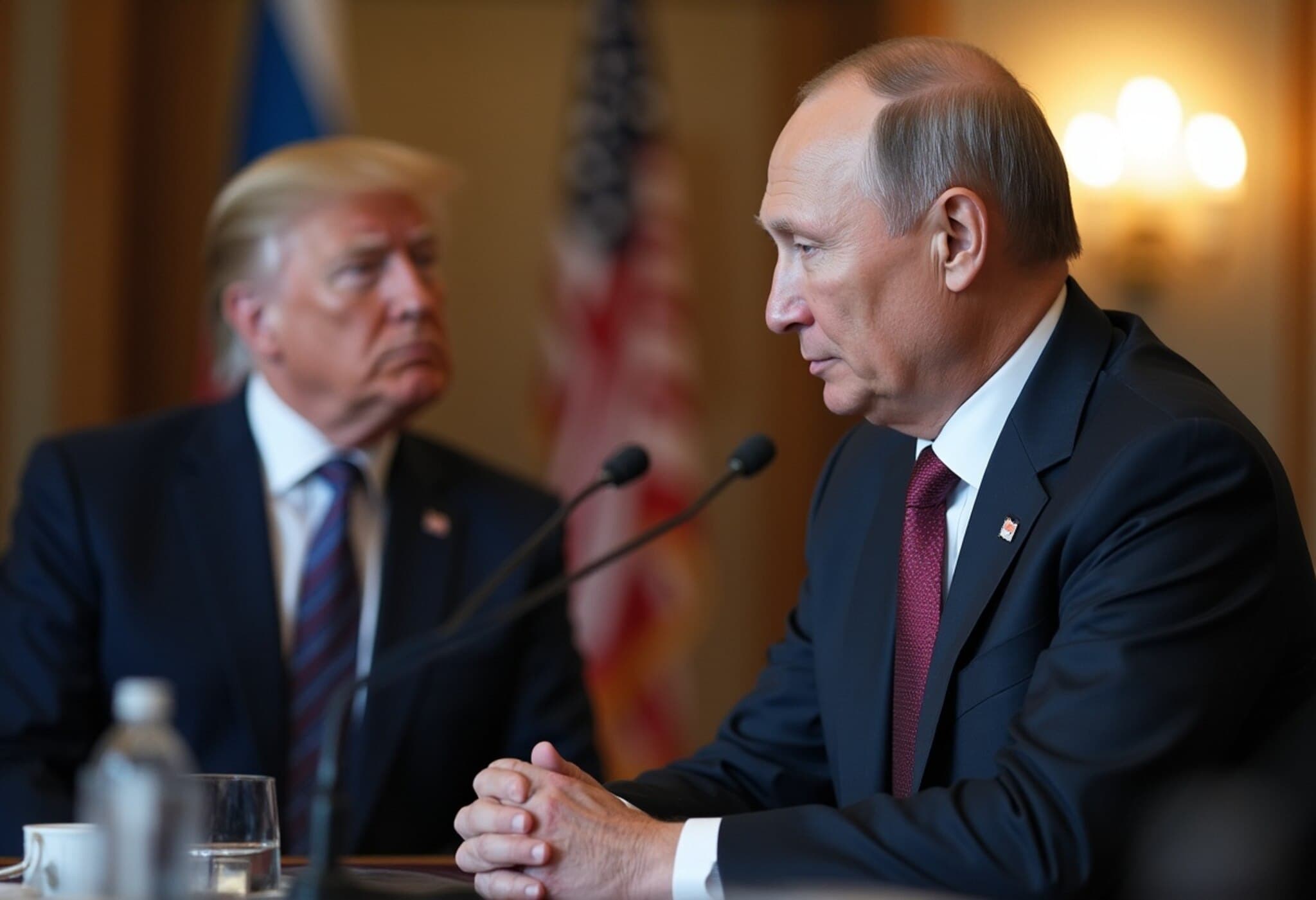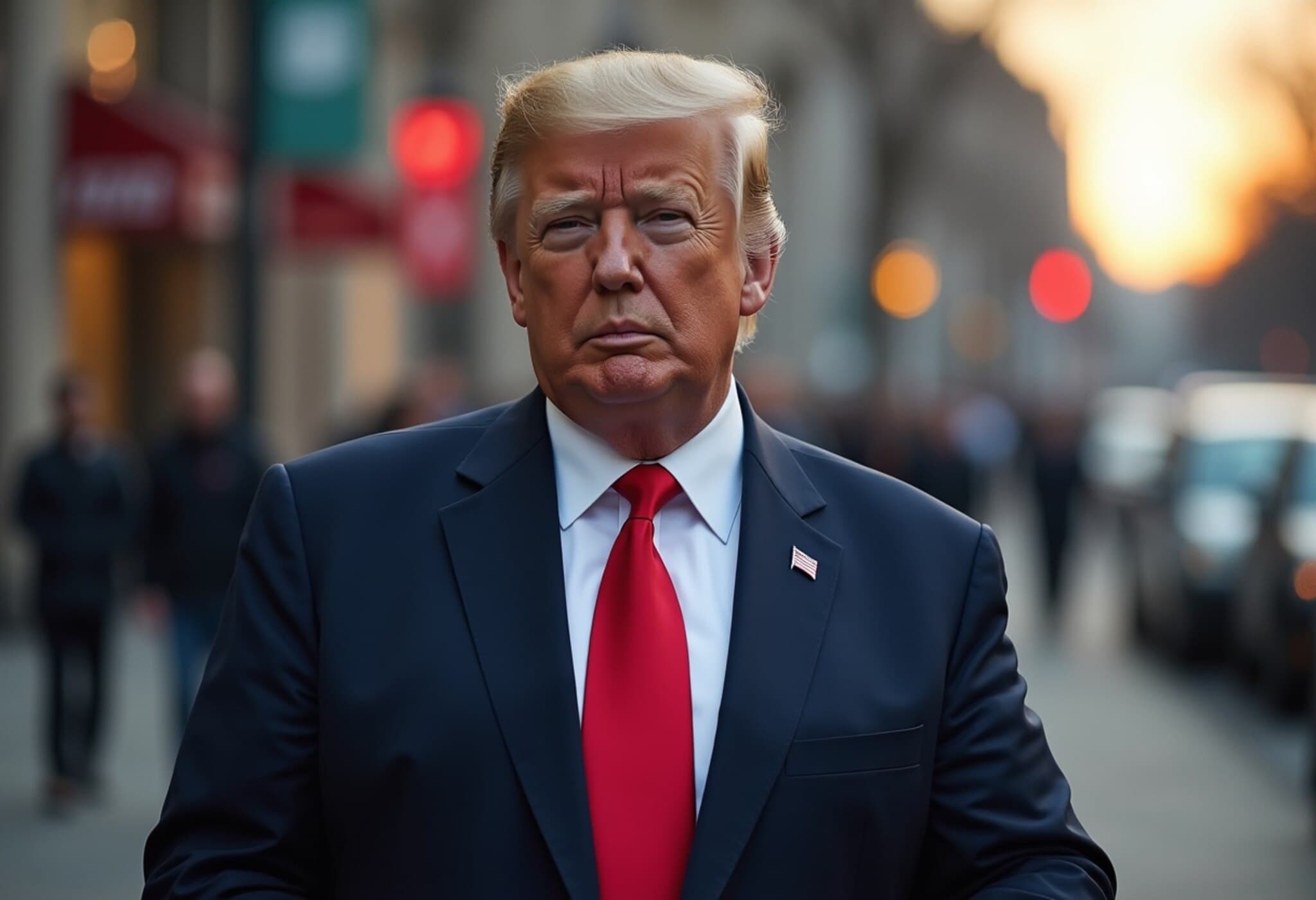Melania Trump’s Role in Trump-Putin Relations: A Closer Look
In a revealing moment during a recent White House meeting, former President Donald Trump hinted that First Lady Melania Trump may have influenced his evolving perception of Russian President Vladimir Putin. This subtle acknowledgment sheds new light on the personal dynamics behind high-stakes international diplomacy.
The White House Exchange: Scepticism Behind Closed Doors
During talks with NATO Secretary General Mark Rutte on July 14, 2025, Trump recounted an exchange with Melania that captured her scepticism about Putin’s intentions. Trump described how, after what he called a "very pleasant" phone conversation with the Russian leader, Melania immediately pointed out the grim reality occurring on the ground.
“I go home and tell the First Lady, ‘I spoke with Vladimir today. We had a wonderful conversation.’ She says, ‘Oh, really? Another city was just hit.’”
His reflection illustrated the tension between diplomatic niceties and the harsh realities of geopolitical conflicts, emphasizing Melania’s perceptive caution—particularly poignant given her personal background.
Melania Trump: From Slovenia to the Ukraine Conflict
Born in Slovenia, formerly part of Yugoslavia—a region familiar with the ravages of war—Melania Trump has shown a more publicly empathetic stance toward Ukraine than her husband has at times. Following Russia’s full-scale invasion in 2022, she called her social media followers to action, encouraging donations to the Red Cross while expressing sorrow at the suffering of innocent civilians.
Her humanitarian appeal contrasts with political rhetoric, underscoring a less noticed but critical voice on the global stage. This duality in their perspectives raises compelling questions about how personal relationships influence presidential decision-making.
Strategic Aid to Ukraine: The U.S. and NATO’s Bolstered Defense
At the same White House meeting, Trump announced a tangible step in support of Ukraine’s defense—sending additional Patriot anti-aircraft missile batteries. These systems, funded by Germany and other NATO members, represent a strategic boost to Kyiv’s air defense, which currently operates a limited number of such batteries.
This move signals a coordinated NATO commitment to help Ukraine withstand growing aerial threats. Ukrainian President Volodymyr Zelenskyy expressed his gratitude, calling the announcement a significant act of international solidarity.
Diplomatic Conversations Continue
Beyond the military aid, the meeting also highlighted ongoing productive diplomacy. Zelenskyy noted a recent meeting with Trump’s special envoy, Keith Kellogg, and confirmed further communications with both Trump and Rutte. This continuous diplomatic engagement suggests that, despite tensions and complexities, lines of communication remain open at the highest levels.
Expert Insight: The Intersection of Personal Influence and Policy
Political analysts emphasize that presidential decisions often reflect a combination of strategic considerations and personal dynamics. Melania Trump’s subtle influence serves as a reminder that spouses can shape perceptions in ways that reverberate through international relations.
Moreover, her Eastern European roots may provide a unique empathetic lens, sensitizing the Trump administration—at least at times—to the human cost of the conflict in Ukraine. Such underreported narratives enrich our understanding of how diplomacy is not just policy but profoundly human interaction.
Looking Ahead: Questions for the Future
- How do personal relationships shape a leader’s foreign policy, especially amid complex conflicts?
- Can increased NATO support shift the trajectory of the Ukraine conflict?
- What role might Melania and other influential figures play behind the scenes in shaping U.S. diplomacy?
Conclusion
The interplay between Melania Trump’s personal insights and President Trump’s diplomatic conduct presents a compelling addition to the narrative of U.S.-Russia relations. As Ukraine continues to face existential threats, the world watches closely as international leaders balance personal convictions with global strategy.

